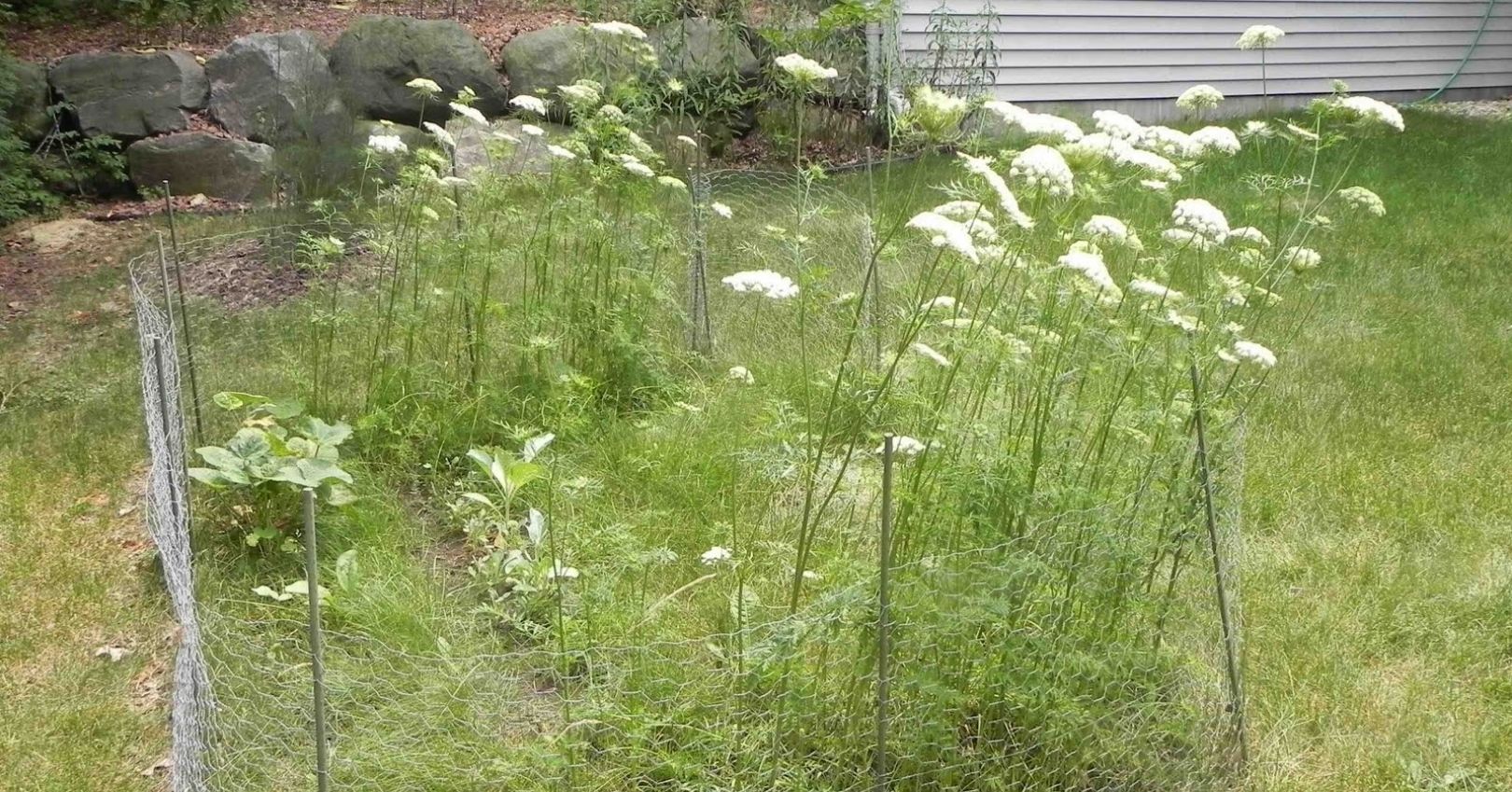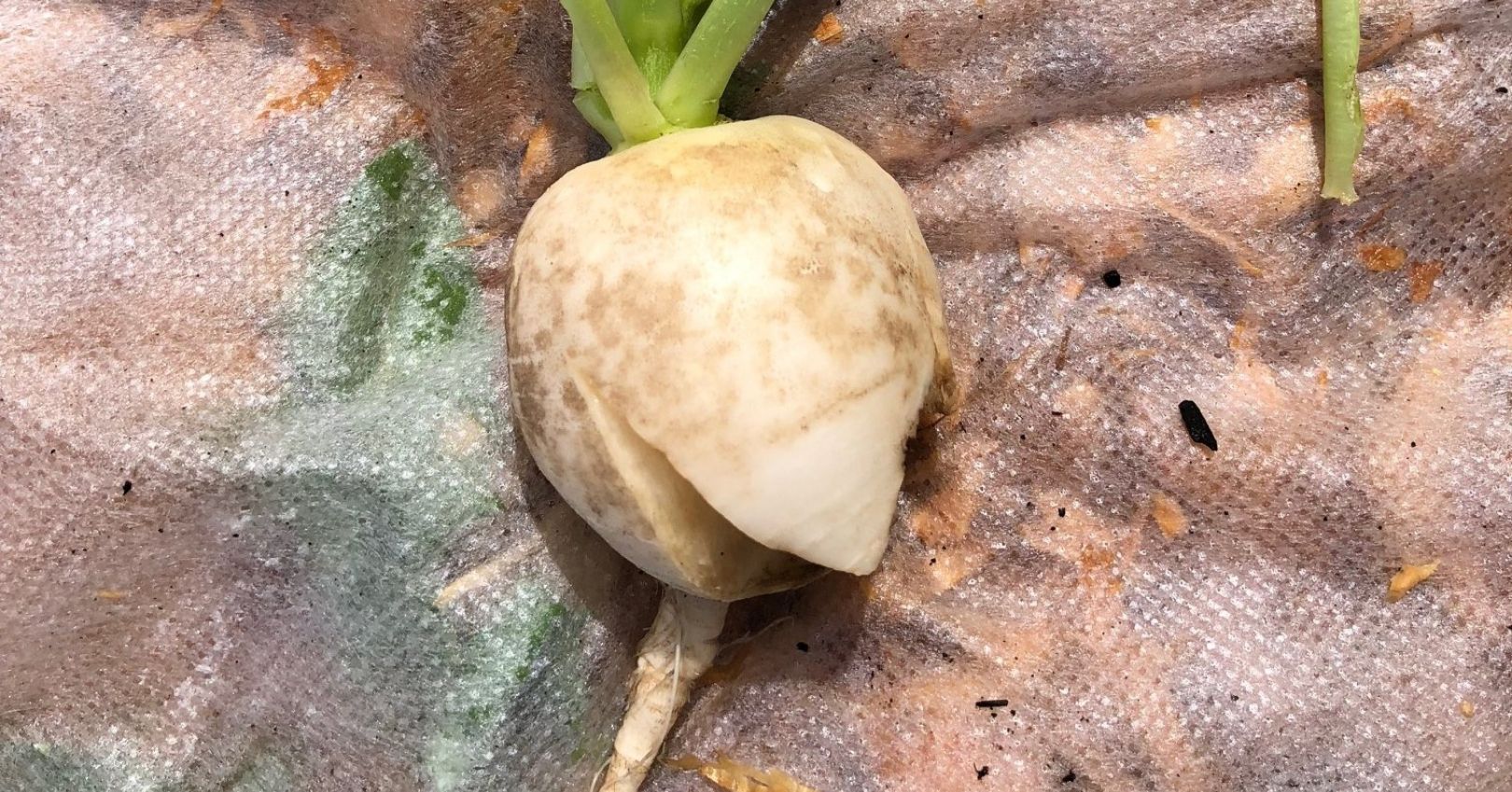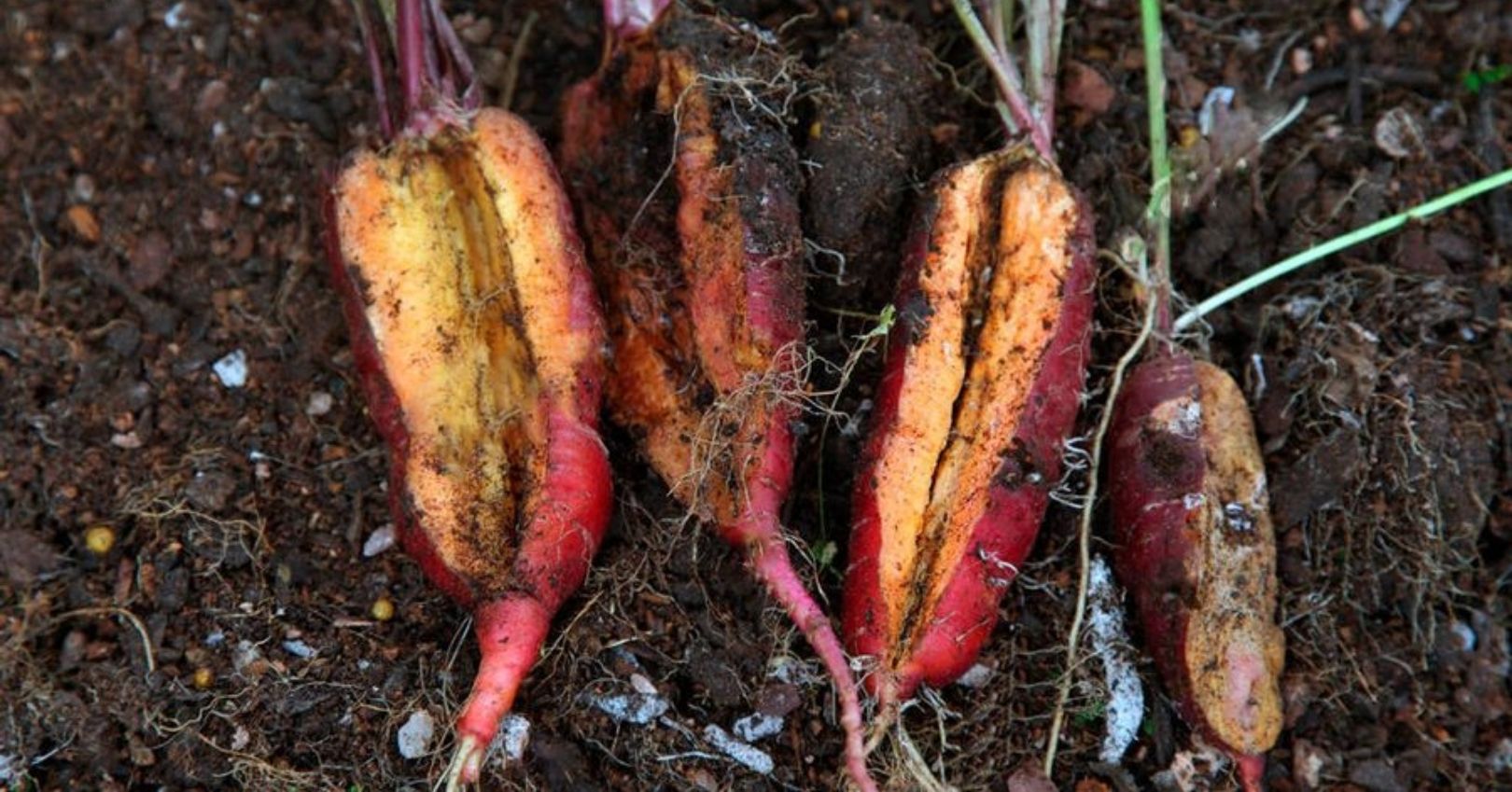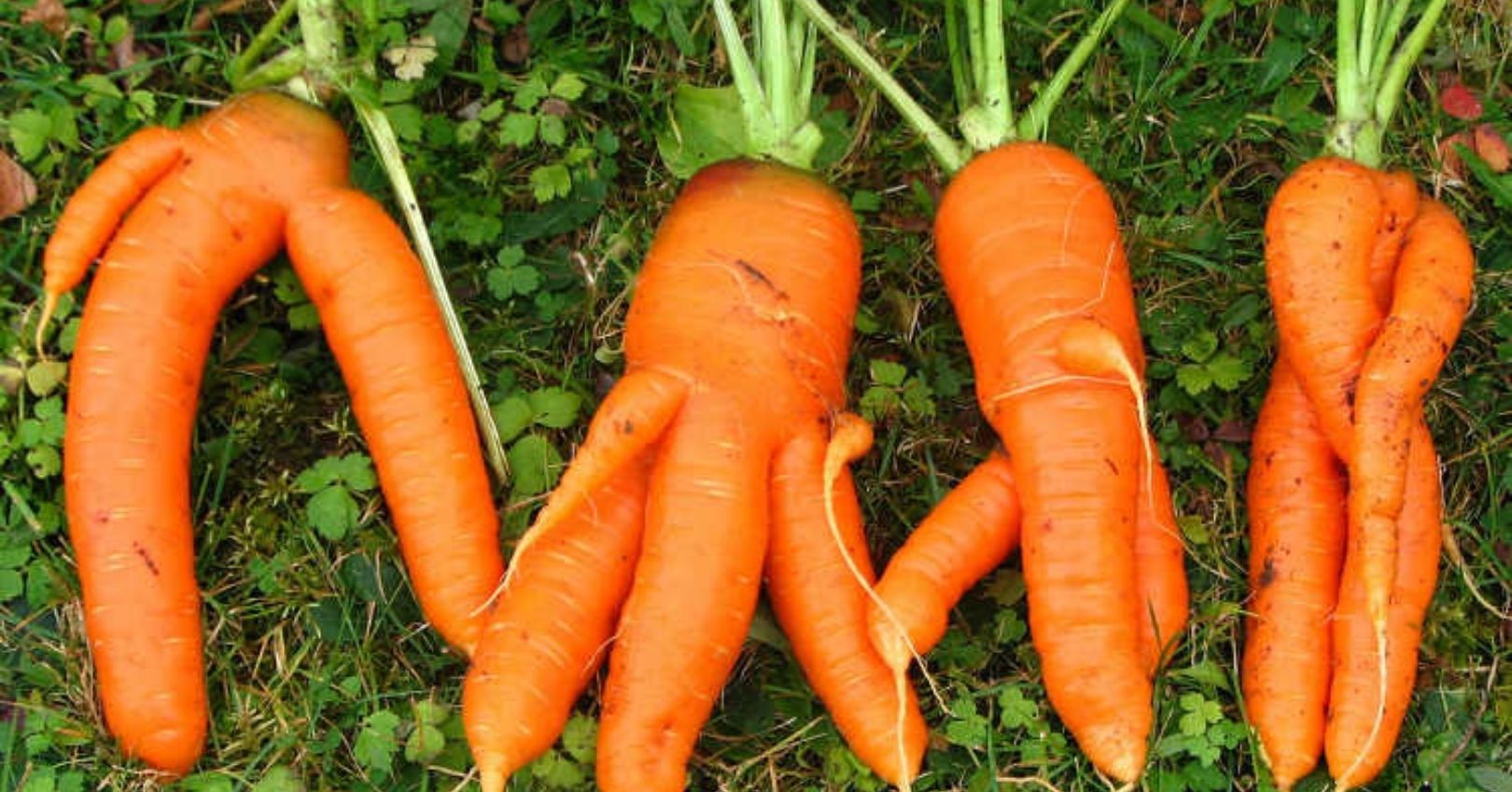Other Production Problems




Bitterness
Bitterness can be an issue in carrots or radishes. Bitterness occurs by formation of natural compounds when exposed to stress. In carrot, these compounds form when plants are heat stressed (preharvest) or if exposed to ethylene in storage. In radish, high temperatures during growth increases the “hotness/ bitterness” in the bulbs.
Black Heart/Spotting
Black Heart/Spotting can be an issue in beet or rutabaga. Symptoms include strap-like leaves, or dark spots on the leaves, and hard black spots in the bulb. The disorder is caused by a localized boron deficiency and can occur in high pH soils. It is managed by treating with 10-30 lbs borax per acre.
Bolting
Bolting is the term used to indicate a plant that has transitioned from leaf (vegetative) growth to flower (reproductive) formation. Flower stalks can occur at any time during growth. Cool-weather crops like beet, carrot, parsnip, rutabaga and turnip often bolt when planted early or overwintered. Plants exposed to several weeks of cool temperatures (<50°F) triggers the response. Long days and hot temperatures triggers bolting in radish.
Cracking
Cracking is a problem in carrot, parsnip and radish. Cracking occurs in older roots and is associated with poor irrigation practices. Keep soils moist to ensure steady growth, especially in sandy or drought-sensitive soils. When irrigation is erratic, roots take in more water and the root expands quickly and may crack. Large-rooted cultivars (or older roots) are more prone to split than small (younger) ones. Splitting or shattering can also occur at harvest particularly if roots are very cold when dug.
Forking
Forking (fanging) can be a problem in carrot. Dense, compact soils, root obstructions (rocks, etc.), or factors can deflect root growth. When the taproot is damaged, secondary roots grow and fill, giving it the forked look. Fertilizer placement, insect/disease damage, excess nitrogen, and use of fresh manures also injures the root, resulting in branching.

